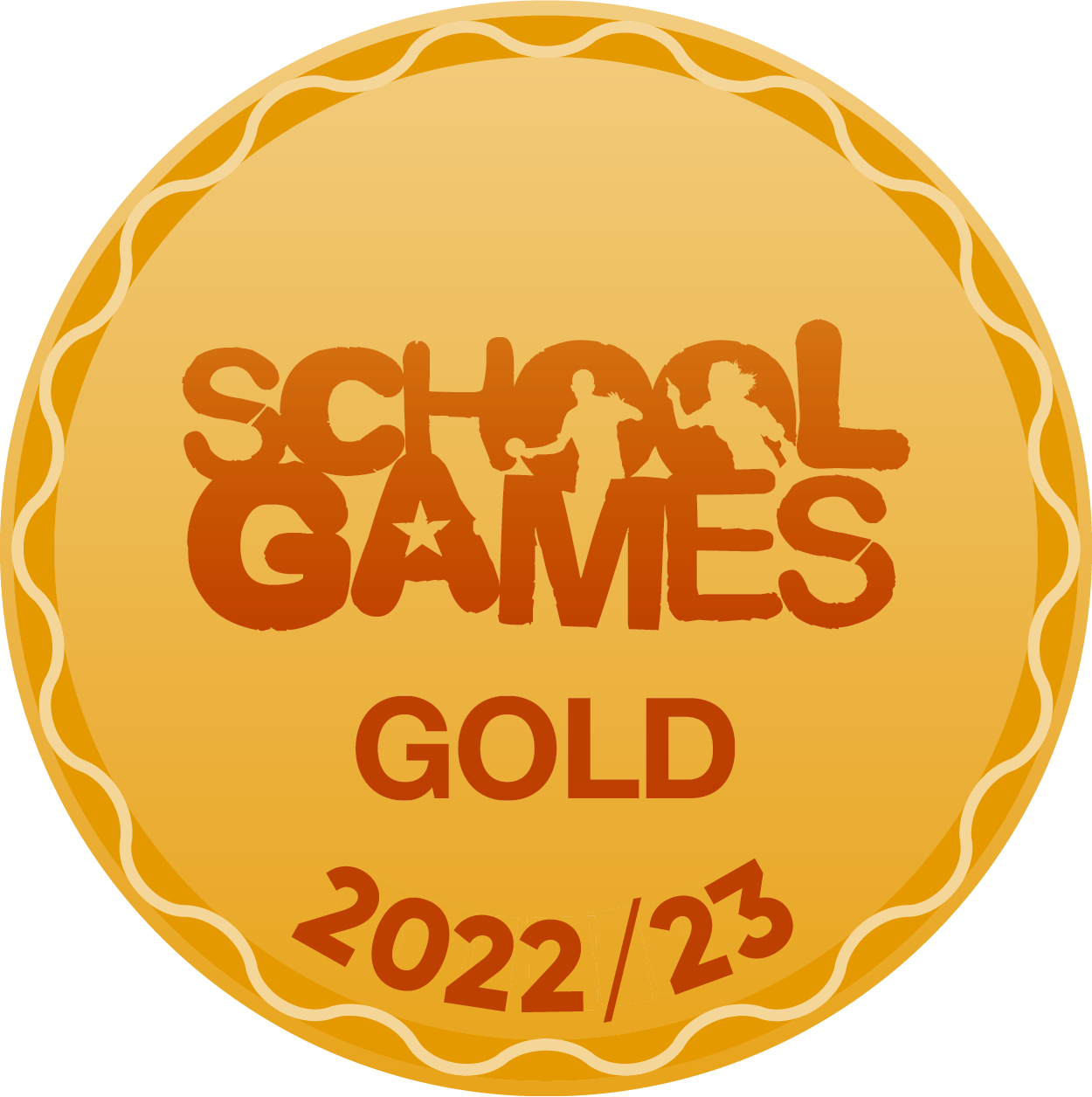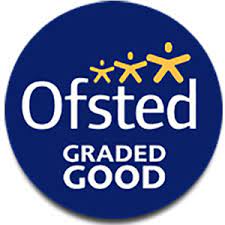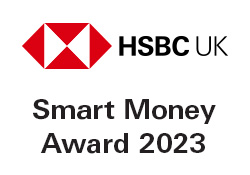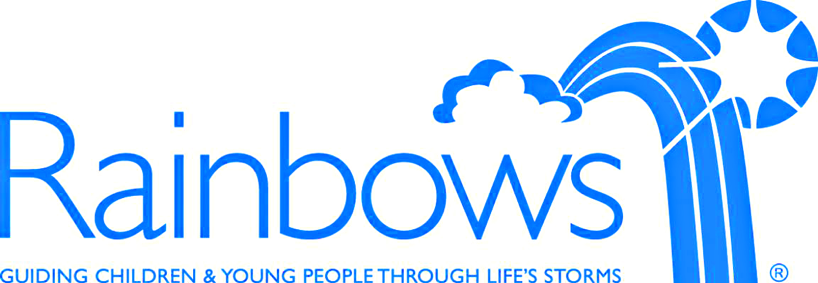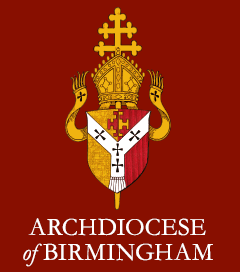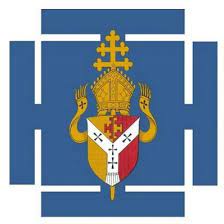Geography
Intent
Why do we teach this?
At Our Lady’s, the intention of our Geography Curriculum is to inspire children’s curiosity and interest to explore the world that we live in and its diversity across the Continents. We intend to equip children with geographical skills to develop their knowledge of:
- People and places
- Human and physical geography
- Local, national and international communities
- It is our intention to form children to show good understanding and respect for the world God created by strengthening their geographic and fieldwork skills.
Why do we teach it in the way that we do?
Geography, by nature, is an investigative subject. We use a range of teaching strategies to provoke thought, ask questions and to encourage children to discover answers to their own questions through exploration and research to enable them to gain a greater understanding and knowledge of the world and their place in it.
Implementation
What do we teach?
We teach the aims of the Early Years Framework (2021) and the National Curriculum (2014) which provides a broad framework and outlines the knowledge and skills taught in each Key Stage.
What does it look like in our classrooms?
Geography is taught as part of a termly topic, focusing on knowledge and skills stated in the Early Years Framework and the National Curriculum. To ensure high standards of teaching and learning in geography, teachers plan lessons for their class using our progression of knowledge and skills document. Teachers use this document to plan their geography lessons suitable to their class’s interests and what they want to learn. The progression document ensures the curriculum is covered and the skills/knowledge taught is progressive from year group to year.
Geography teaching focuses on enabling children to think as geographers. A variety of teaching approaches are used based on the teacher’s judgement of the most successful way to impart knowledge into children’s long-term memory.
Impact
By the time children leave Our Lady’s, they are confident geographers who can follow a line of enquiry and have acquired the knowledge and skills ready for the next stage of their education and onto the pathway towards a career in geography. They can confidently include geographic concepts and evidence to support their answers to the ‘Big Questions’ which are skills that they will use to solve the future geographical challenges of the modern world. All children make good progress in geography from their starting points.
How do we monitor and review the impact of geography at our school?
The geography subject leader uses the following lines of enquiry to assess the impact of the geography curriculum:
- The profile of Understanding of the World in Early Years.
- Opportunities for geographical enquiry in the indoor and outdoor classroom environments in Early Years.
- Geographical assessment data on Target Tracker (Years 1-6).
- Discussions with pupils: knowledge of people and places, human and physical geography, and local and international communities.
- Discussions with teachers.
- Learning behaviour in the classrooms: do children behave as geographers in geography-specific lessons?
- Culture of geography across the school.

